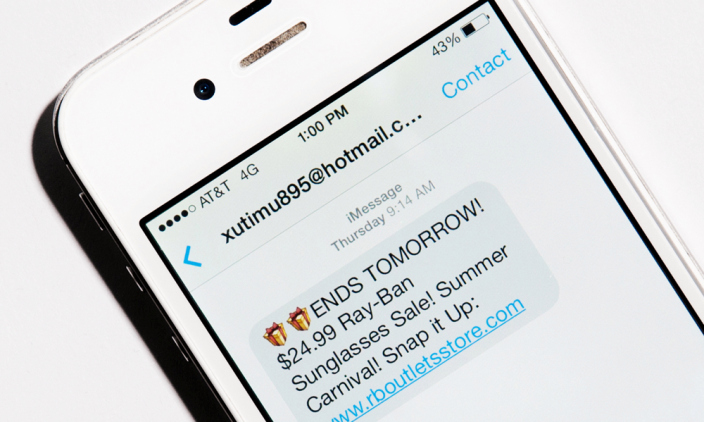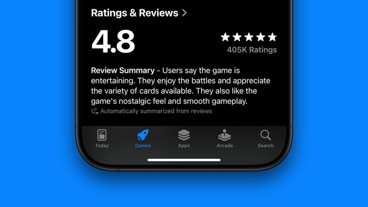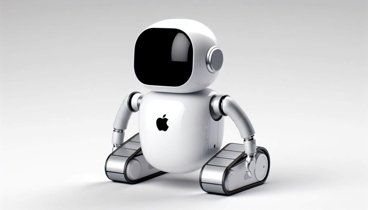Despite accounts of purportedly wide-ranging unsolicited marketing campaigns plaguing iMessage users in recent months, spam on Apple's over-the-top messaging service appears to be the exception, rather than the rule.
A mid-July report from internet security firm Cloudmark singled out a campaign — Â likely run by Chinese spammers — Â directing iPhone users to sketchy online storefronts selling what appear to be counterfeit designer goods, such as Oakley sunglasses and Michael Kors clothing. Consumers appeared to have been targeted by geography, with those in Los Angeles, San Diego, Miami, and New York City bearing the brunt of the assault.
Cloudmark indicated that the campaign, conducted via iMessage, is so widespread that more than 3 of every 10 unsolicited SMS messages in the U.S. could be attributed to it.
A followup article that appeared earlier this week in Wired — based on the same research — then decried iMessage as "being taken over by spammers." There appears, however, to be little evidence to support those claims.
A search of Apple's user forums, generally among the first places iPhone owners go to vent their frustration in such situations, returns relatively few results related to iMessage spam. The threads that do exist rarely boast more than 20 replies.
The internet holds few complaints of spam from iMessage users, even on Apple's own user forums.
Cloudmark itself has previously admitted that iMessage spam may be difficult to discern from SMS spam in their tracking database, which depends on users to send in unsolicited messages that they receive.
Even when operating under the assumption that Cloudmark is properly identifying iMessage spam, the numbers hardly suggest that Apple's service is being "taken over" by nefarious individuals.
According to telecom industry research firm Heavy Reading, some 1.5 percent — or 120 billion — of the estimated 8 trillion SMS messages sent around the globe each year are unsolicited. That works out to around 328 million daily spam messages, of which Apple's theoretical share would be nearly 100 million.
Were this the case, it would hardly be enough to qualify iMessage as having been "taken over" by spammers. Last year, Apple CEO Tim Cook said that the company handles more than 2 billion iMessages each day, and earlier this year he revised that figure to "several billion."
At the lower figure, only about five percent of iMessages would be spam — assuming Cloudmark's 30 percent figure is accurate.
Of course, iMessage spam exists. Apple admitted as much last year with the release of a new support document detailing a process for reporting unwanted iMessages and the implementation of sending rate limits.
"Taken over by spammers," though, seems more than just a little hyperbolic.
 Sam Oliver
Sam Oliver







-m.jpg)






 Marko Zivkovic
Marko Zivkovic
 Christine McKee
Christine McKee
 Andrew Orr
Andrew Orr
 Andrew O'Hara
Andrew O'Hara
 William Gallagher
William Gallagher

 Mike Wuerthele
Mike Wuerthele
 Bon Adamson
Bon Adamson




-m.jpg)



66 Comments
I received one of these spams, just like in the photo, a few weeks ago. Very annoying! I delisted my most commonly used e-mail addresses from iMessage, in the hopes this doesn't happen again. (I still receive e-mail spams very much like it.)
Never had one; ever.
I have gotten this spam text from an email. every single one is a text message (green) not an iMessage, blue. To me, that indicates a Verizon issue (my carrier), not Apple.
I've been getting about one a week for the past six weeks or so. But nothing this week, so far.
I, too, received the one pictured.
I'm not convinced this is a carrier thing; I'm on AT&T.
Me neither. Not a one.